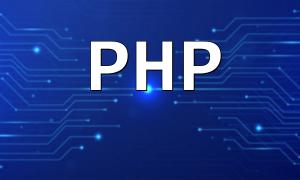PHP is a widely used cross-platform language that runs on multiple operating systems, such as Windows, Linux, macOS, Solaris, and more. To ensure PHP functions behave consistently across different platforms, PHP adopts several key measures to guarantee cross-platform compatibility:
PHP provides a unified standard library that includes a set of standard functions and classes. These functions are implemented in the same way across all platforms, ensuring compatibility and reducing issues caused by platform differences.
PHP abstracts system calls at the core level, meaning that PHP uses different implementations to perform the same tasks on different platforms. For example, the file_get_contents() function uses the Win32 API on Windows and the POSIX API on Linux, ensuring that it works consistently across different operating systems.
PHP also provides platform-specific extensions to support functionality unique to each platform. For example, the win32service extension gives access to Windows services on the Windows platform. However, platform-specific extensions are only compatible with specific platforms, so developers must ensure their compatibility when using them.
PHP offers the phpinfo() function, which generates detailed information about the PHP environment, including the available functions and installed extensions. Developers can use phpinfo() to check if their PHP installation includes the specific functions they need, helping to ensure cross-platform compatibility.
Below is a simple PHP code example that demonstrates how the file_get_contents() function can be used to read the contents of a file, ensuring it works consistently across different platforms:
<?php
$fileContents = file_get_contents('myfile.txt');
echo $fileContents;
?>This code reads the contents of the file myfile.txt and outputs it to the screen. Regardless of whether it's run on Windows, Linux, or macOS, the file_get_contents() function will work seamlessly because it is part of PHP's standard library and implemented in the same way across all platforms.
PHP ensures its functions' cross-platform compatibility through mechanisms such as the unified standard library, abstract system calls, platform-specific extensions, and the phpinfo() function. By following these best practices, developers can create cross-platform PHP applications that run reliably across different operating systems.







